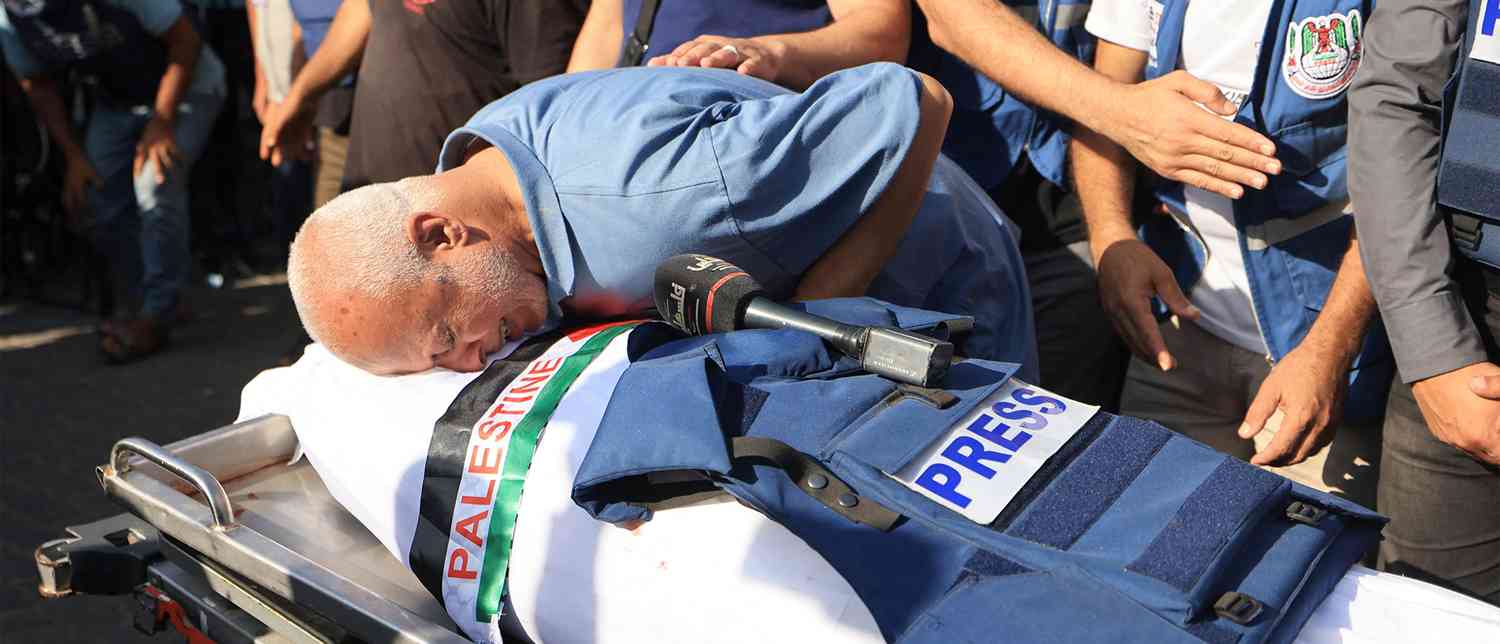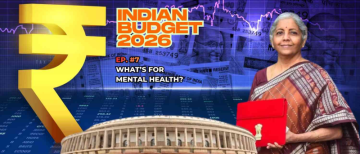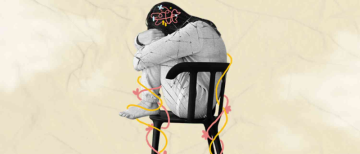
The killing of five journalists in Gaza this week – among them 33-year-old Mariam Dagga, whose blood-stained camera now serves as a haunting emblem of silenced truth – is a tragedy that should shake the conscience of the world. Two Israeli missiles slammed into Nasser Hospital in Khan Younis on 25 August, reducing yet another so-called “safe zone” to rubble and snuffing out not just lives, but the stories those lives were meant to tell. India’s Ministry of External Affairs (MEA) called the deaths “shocking” and “deeply regrettable.” The words are correct. The sentiment is necessary. But they are also painfully ironic. For while New Delhi mourns the suppression of journalism in Gaza, it is itself dismantling press freedom at home.

Gaza: The Deadliest Place on Earth to Be a Journalist
According to the Committee to Protect Journalists (CPJ), at least 192 journalists have been killed in Gaza since the war began less than two years ago. To put that in perspective, only 18 journalists have died in Ukraine over the same period. The figures are stark: Gaza is not just a battlefield, it is a graveyard for media workers. Hospitals such as Nasser – meant to be sanctuaries – have instead become killing fields. By striking them, Israel is sending a chilling message: documenting this war is itself an act punishable by death.

India’s Double Standards
India ranks 151st in the World Press Freedom Index, and yet, our MEA has the gaul to condemn atrocities on Journalists in Gaza. On the global stage, we denounce Israel (Which we should be doing) for endangering journalists. At home, the same government harasses, arrests, and prosecutes reporters who dare to question the government.

Consider the pattern:
- Kashmiri journalists such as Fahad Shah and Aasif Sultan have been jailed under draconian laws, including the Unlawful Activities (Prevention) Act (UAPA), simply for reporting stories the state deemed uncomfortable.
- Independent outlets like Newsclick have been raided, their editors interrogated, and staff smeared as part of “anti-national conspiracies.”
- Reporters investigating corruption, communal violence, or state excesses routinely face police cases, tax raids, and surveillance.
- India now languishes near the bottom of the World Press Freedom Index, rubbing shoulders not with open democracies but with authoritarian states.
This reality makes the MEA’s carefully worded sorrow for Gaza’s slain journalists sound less like principle, and more like posturing.
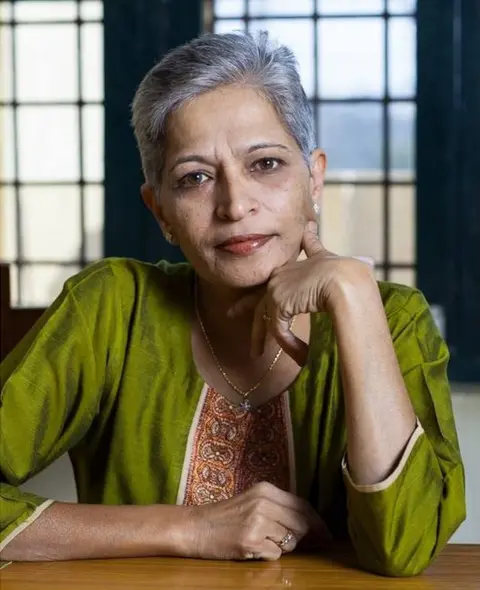
The Price of Hypocrisy
Hypocrisy is not harmless. When a democracy like India lectures others about press freedom while throttling it at home, it forfeits moral credibility. Worse, it legitimises the idea that press freedom is negotiable – to be upheld abroad when convenient, and crushed domestically when inconvenient. For Gaza, this duplicity has lethal consequences. If the international community, India included, cannot defend journalism consistently, Israel will act with impunity, and the cameras that should record truth will instead lie shattered in the dust.
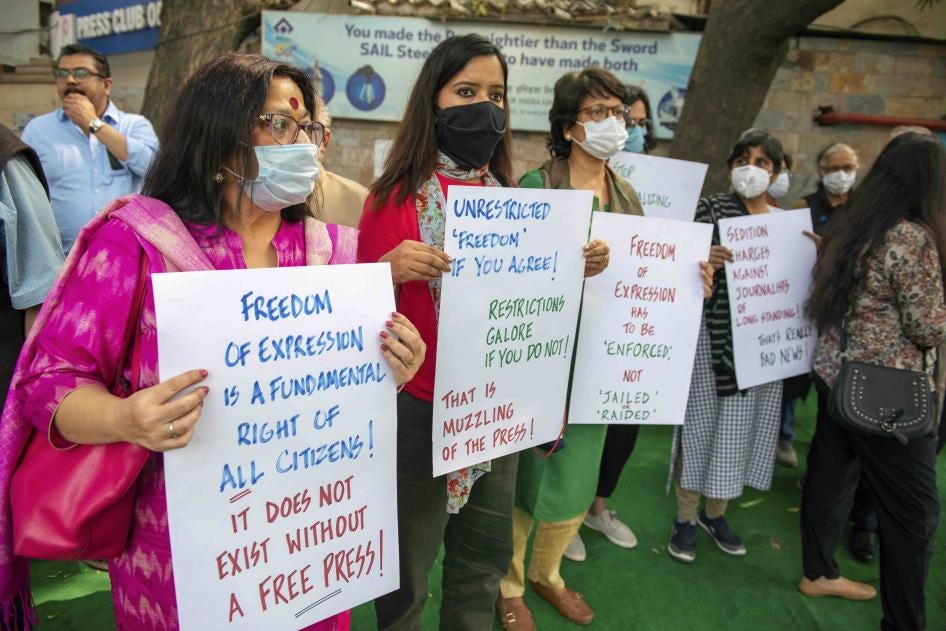
Truth Cannot Be Selective
The blood-stained camera of Mariam Dagga is more than a tragic relic. It represents a war against memory itself, against accountability, against the possibility of history being told honestly. For India, there is a sobering lesson: press freedom cannot be defended selectively. It is either a universal principle or it is nothing more than a diplomatic soundbite. If New Delhi truly believes the killing of journalists is “shocking and deeply regrettable,” it must begin by respecting journalism in its own backyard – by unshackling critical voices, ending punitive raids, and scrapping laws that criminalise reporting. Until then, its condemnations abroad will remain hollow, the words of a government that demands justice overseas while denying it at home.
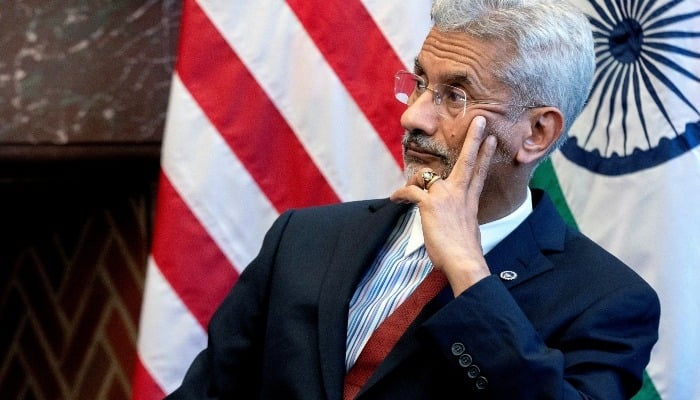
With inputs from agencies
Image Source: Multiple agencies
© Copyright 2025. All Rights Reserved. Powered by Vygr Media.

